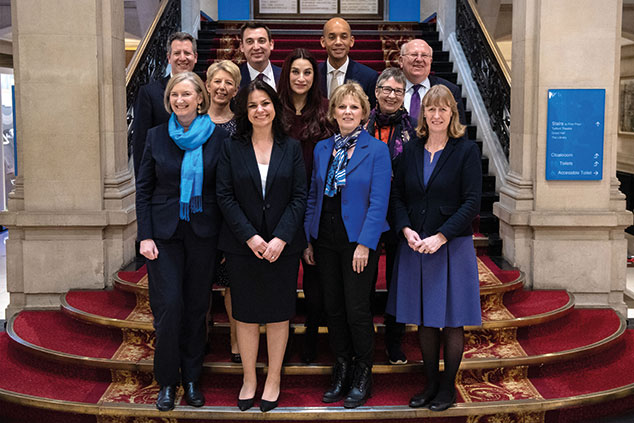
If this was all about Brexit, Honda might have wanted to wait a mere six weeks to see what Brexit is actually going to mean. It might also not have announced the closure of its Turkish plant at the same time. And it might even have hinted that it would open a plant in a country rather more enthusiastically settled in the European Union’s customs union than we are.
The truth is that the global car market is changing (sales are falling, diesel is finally all but dead, one reason for the surging price of palladium) and the role of the UK is changing with it. That’s not to say that uncertainty over Brexit isn’t having an effect on investment in the UK economy (albeit an unquantifiable one), it’s just to say that for now at least global shifts are probably having more of an effect.
On the plus side, while the UK looks like it will be losing jobs in the car-manufacturing sector overall, it is doing a pretty good job of creating them elsewhere. The unemployment rate is now a mere 4% – the lowest reading since the mid-1970s. Even better, this tightening of the labour market is finally feeding through into real wage rises – with wages rising at a nominal annual rate of 3.4% and inflation sitting at around 2%, workers’ pay packets are at last growing faster than the cost of living.
There’s good news too in UK politics. As Matthew Lynn points out, it is long past time for a Parliamentary shake up. We have too many taboos and spend far too much time dodging talking about them (think the NHS, the state of our infrastructure and our universities, tax credits, the way national insurance isn’t really insurance, and so on).
The new Independent Group might have been prompted by Brexit (being against it appears to be the only thing its members have in common), but once that path is set perhaps they will morph into a force for real change – or at the very least prompt a long overdue conversation about real change. Here’s hoping.
A world of iffy GDP growth, mostly high-ish valuations and rising inflation risk (those wages rises are not confined to the UK), does not create an easy environment in which to invest. With that in mind, we emphasise the value of diversification, and then in our cover story we look at the value of forestry as a real asset diversifier for the long term.
David Stevenson looks at two interesting income funds that can help you build inflation protection into your portfolio, and Matthew Partridge looks at why you shouldn’t shun housebuilders just because house prices are falling (nothing is ever that simple!).
Finally, if you really want to take diversification to an extreme, it turns out that superhero comics can help.